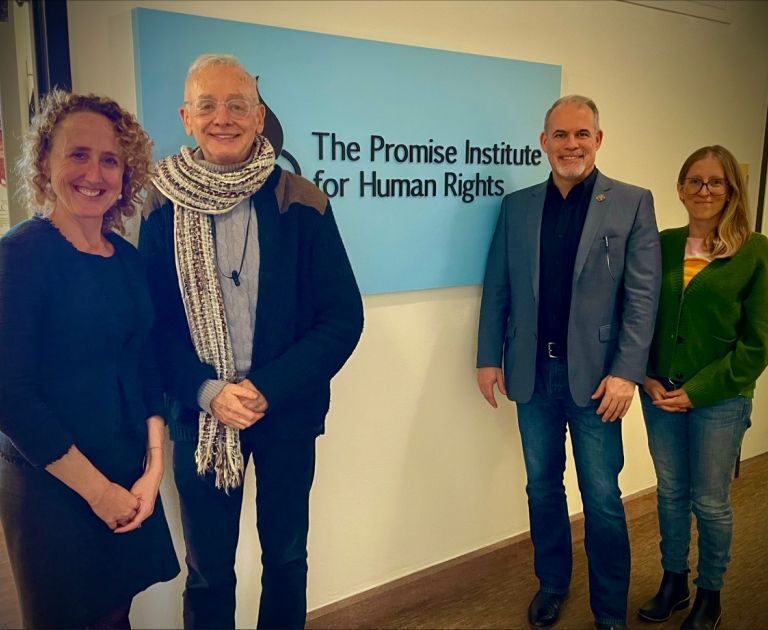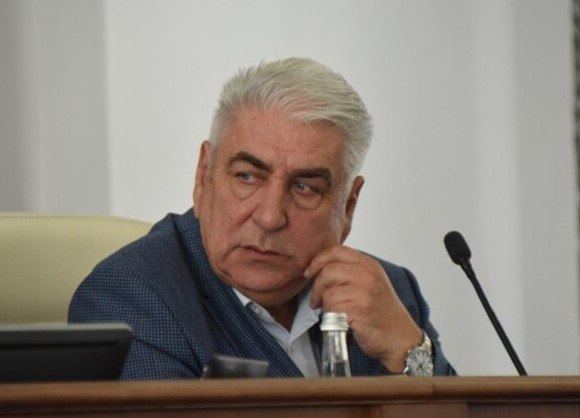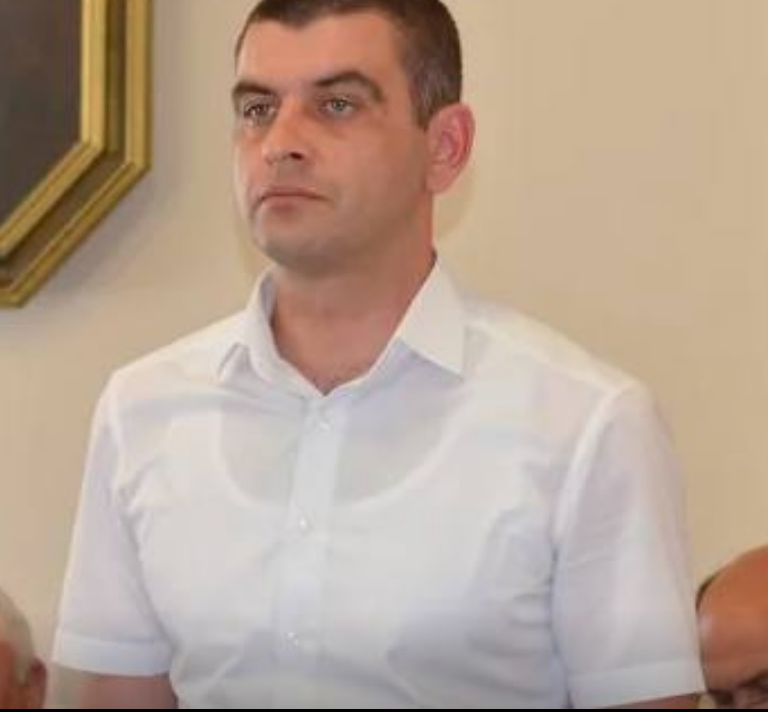As our Association has already written, the activities of the Siemens concern in the occupied Crimea have been monitored for a long time. This concerned, first of all, the key projects of the Russian invaders’ criminal militarization of the peninsula through the construction by the aggressor of the “Balaklava” and “Tavricheskaya” thermal power plants, with a total capacity of one gigawatt, on which “Siemens” turbines were installed.
Subsequently, in 2021, our Association initiated an investigation by the authorities of Germany and the European Union on the supply of industrial pumps jointly produced by “Siemens” and “Grundfos” to the “pumping station of the Beshterek-Zuysky water pipeline”, built by the Russian occupiers.
The Association repeatedly addressed the structures of the UN, the Council of Europe and the European Union with information about these violations of the sanctions policy by “Siemens”, and after the start of large-scale Russian aggression against Ukraine, we once again drew the attention of the relevant structures and German authorities to this illegal activity of “Siemens”.
Thus, since February 2022, the concern was forced to prepare for a complete exit from cooperation with the aggressor state, but for two months it did not publicly. First, the “Siemens” concern suspended the supply of equipment to Russia and Belarus, and then the maintenance of the equipment was reduced.
In parallel, “Siemens” began to provide humanitarian assistance to Ukraine, totaling several millioneuros. “Siemens” made an official announcement about the beginning of the procedure for terminating all commercial and production activities in Russia on May 12, simultaneously with the publication of financial statements for the first quarter of 2022.
On May 12, the concern’s president, Roland Bush, officially condemned the Russian aggression and supported the international community in calling for peace. Earlier, on May 4, “Siemens” already disclosed its losses incurred due to the imposition of sanctions on Russia by civilized countries of the world, including Germany, the total amount of which amounted to only 600 million euros, that is, arelatively small amount for the concern.
Our Association wrote that breaking the long cooperation between the “Siemens” concern and the aggressor was a painful but not a critical step for the company. It was pointed out that such a situation in the Crimean dimension would be reflected, first of all, in the energy sector, and for Russia itself, the exit of the concern would have catastrophic economic consequences, not comparable to thetemporary losses incurred by “Siemens”.
Now Russian propaganda, controlled by the Russian secret services, is engaged in “revenge” of the Siemens concern. In particular, it is the concern that they are trying to “make guilty” of reducing Russian gas supplies to Germany, because allegedly there was a “reduction in capacity” of the Russian infamous “Nord Stream 1” gas pipeline to Germany by 40%, to 100 million cubic meters of gas perday.
The Russians attribute this to the repair of the “Siemens” turbine serving the gas pipeline, which was supposed to be produced at a Canadian plant and was suspended due to sanctions imposed by the Canadian government, and that the turbine “cannot be returned from Montreal”. It was stated that from June 16, gas pumping to Germany was supposed to “further decrease”, to 67 million cubicmeters per day.
In fact, the aggressor is trying to “transfer” his responsibility for the disruption of supplies to “Siemens” and thereby financially and image-wise “punish” the concern for curtailing its work in Russia and for the obvious cessation of equipment supplies to the occupied territories.
The described proves a simple fact – any large-scale commercial cooperation of companies from civilized countries with an aggressor will not only not provide large profits to Western business, but also bears the prospect of huge losses, and it is precisely at the initiative of the Kremlin.
We are confident that the “lessons” that “Siemens” gets, will be well learned by all powerful global companies that intended to “work in the Russian market”.







